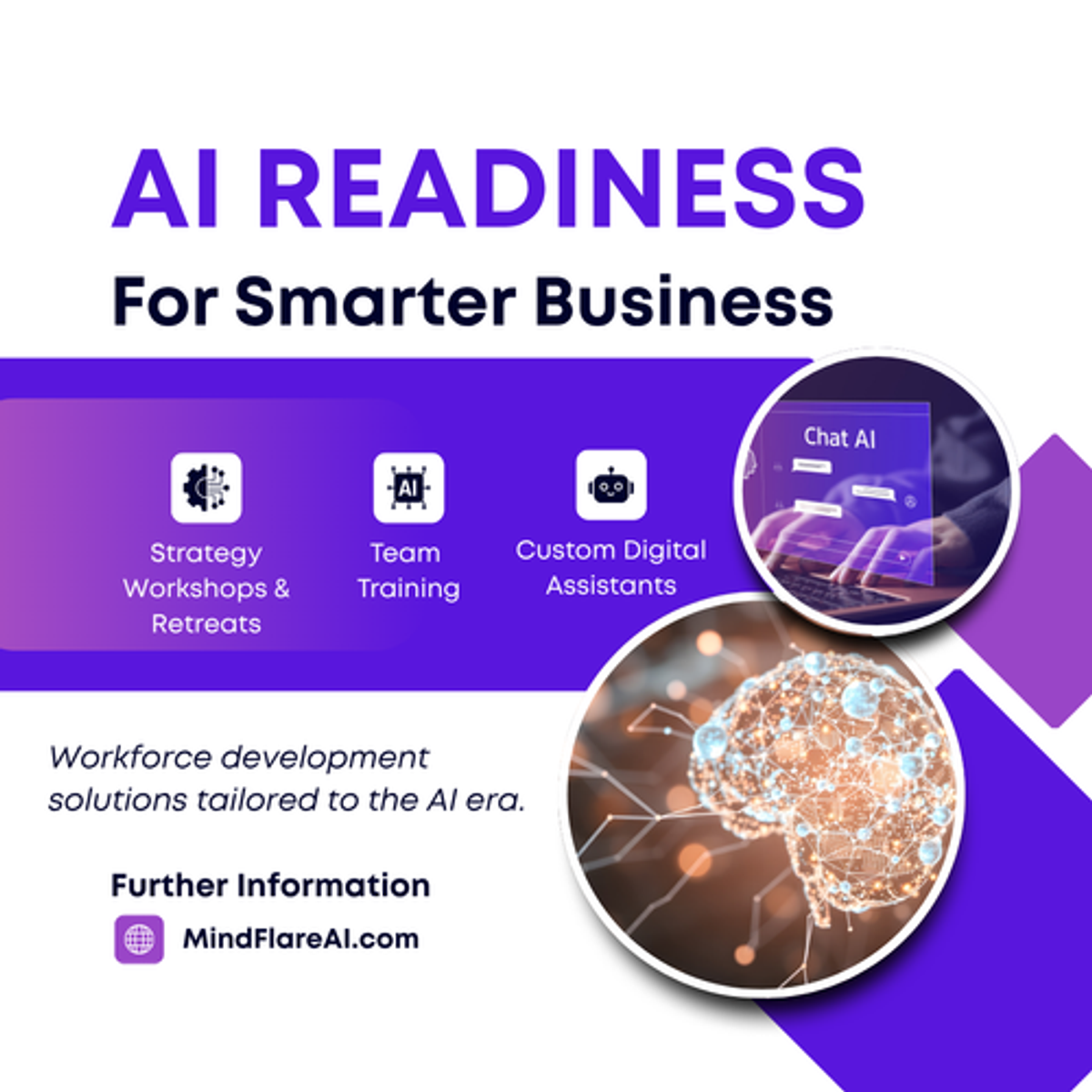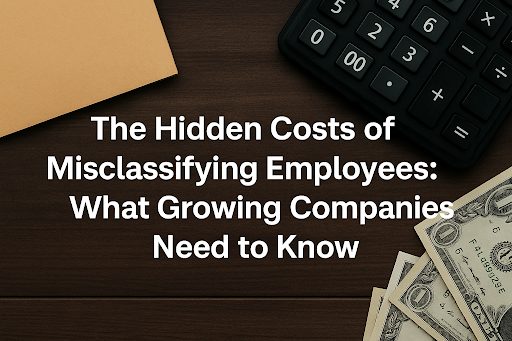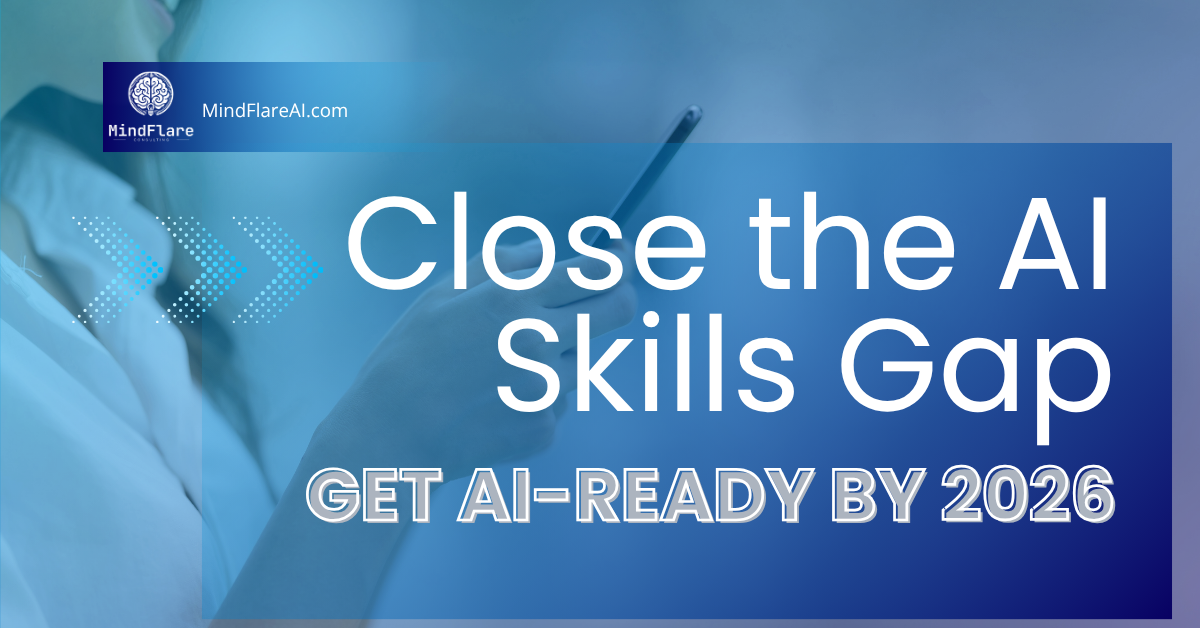Human Resources News Stories Pulled from Leading Newswires
News Sourced for HR Professionals

HUSK Launches Custom Wellness Platform to Address Growing Corporate Focus on Employee Wellbeing
HUSK has introduced HUSK Challenge, a customizable wellness platform that enables employers to foster healthier employee behaviors through team-based …
October 31, 2025
Source

AI Skills Gap Reaches Critical Levels as Organizations Struggle with Implementation
The global AI skills gap is costing organizations trillions while preventing effective implementation of artificial intelligence technologies, …
October 31, 2025
Source

Wealth Advisors Trust Company Expands Advisor-Focused Trust Services Amid Industry Transformation
Wealth Advisors Trust Company's strategic expansion under new leadership represents a significant shift in the trust industry, offering HR vendors and …
October 30, 2025
Source

AG5 Expands Skills Management Platform with Comprehensive Competency Management Capabilities
AG5 has enhanced its skills management software with full competency management features, enabling organizations to better align workforce …
October 30, 2025
Source

Employee Misclassification Poses Critical Financial and Legal Risks for Growing Businesses
Employee misclassification represents a significant financial and legal threat to businesses during expansion periods, requiring proactive compliance …
October 30, 2025
Source

Mentored Tech Bootcamps Address UK's Critical Digital Talent Shortage
HyperionDev's outcomes-focused bootcamps demonstrate how accessible, mentored tech education is helping professionals retrain for in-demand roles …
October 30, 2025
Source

Buildots Acquires Genda to Unite Construction Progress and Workforce Data
Buildots' acquisition of workforce management platform Genda creates a unified data platform that connects project progress with workforce insights, …
October 30, 2025
Source

Trumark Companies Appoints Steve Kalmbach as First Chief Operating Officer to Drive Regional Expansion
Trumark Companies has appointed industry veteran Steve Kalmbach as its first Chief Operating Officer to lead operational excellence and mergers and …
October 30, 2025
Source

OptimumBank Holdings Demonstrates Strong Growth and Strategic Positioning at Industry Conferences
OptimumBank Holdings reported robust financial performance including $3.6 million in second-quarter earnings and surpassed $1 billion in total assets …
October 29, 2025
Source

Intellum and ARQ Innovation Partner to Advance Immersive Corporate Learning Solutions
Intellum and ARQ Innovation have formed a strategic partnership to accelerate enterprise adoption of immersive and gamified learning experiences, …
October 29, 2025
Source

Wage Garnishment Surge in 2025 Creates Financial Crisis for American Workers
Wage garnishment has become a widespread financial burden affecting millions of American workers in 2025, driven primarily by resumed federal student …
October 28, 2025
Source

AI Skills Gap Emerges as $5 Trillion Barrier to Workforce Transformation
The widening AI skills gap is creating a critical bottleneck in organizational adoption, with 68% of executives reporting moderate to extreme skills …
October 28, 2025
Source

Viking Celebrates 100+ Ship Milestone with Global Naming Ceremonies Honoring Industry Leaders
Viking's expansion to over 100 ships and strategic recognition of internal leaders like Michele Saegesser demonstrates how vendor partnerships and …
October 28, 2025
Source

Veteran Public Affairs Leader Launches AI-Focused Consulting Firm to Reshape Influence Strategies
Damian O'Doherty's launch of O'Doherty & Associates signals a strategic shift in public affairs consulting toward artificial intelligence integration, …
October 28, 2025
Source

IMA Group's 35-Year Evolution Demonstrates Strategic Adaptation in Healthcare Services
The IMA Group's 35-year journey from medical screenings to a comprehensive clinical research network highlights how healthcare service providers can …
October 28, 2025
Source

IDIQ's Innovation Strategy Transforms Identity Protection into Comprehensive Financial Intelligence
IDIQ's Chief Marketing & Innovation Officer Michael Scheumack details how the company's collaborative innovation approach is reshaping identity …
October 28, 2025
Source

Plumbing Outfitters COO Ashley Stroud Achieves Master Plumber License, Paving Way for Women in Skilled Trades
Ashley Stroud's attainment of her Master Plumber License represents a significant milestone for gender diversity in the plumbing industry while …
October 26, 2025
Source

Plumbing Outfitters COO Ashley Stroud Receives 2025 Women in Business Award, Signaling Shift in Skilled Trades Leadership
Ashley Stroud's recognition by the Austin Business Journal highlights growing opportunities for female leadership in the traditionally male-dominated …
October 26, 2025
Source

Evolving Employment Law Demands Proactive Compliance Strategy for California Employers
California employers face increasing litigation risks from wage-and-hour class actions and PAGA claims, requiring proactive compliance strategies and …
October 26, 2025
Source

